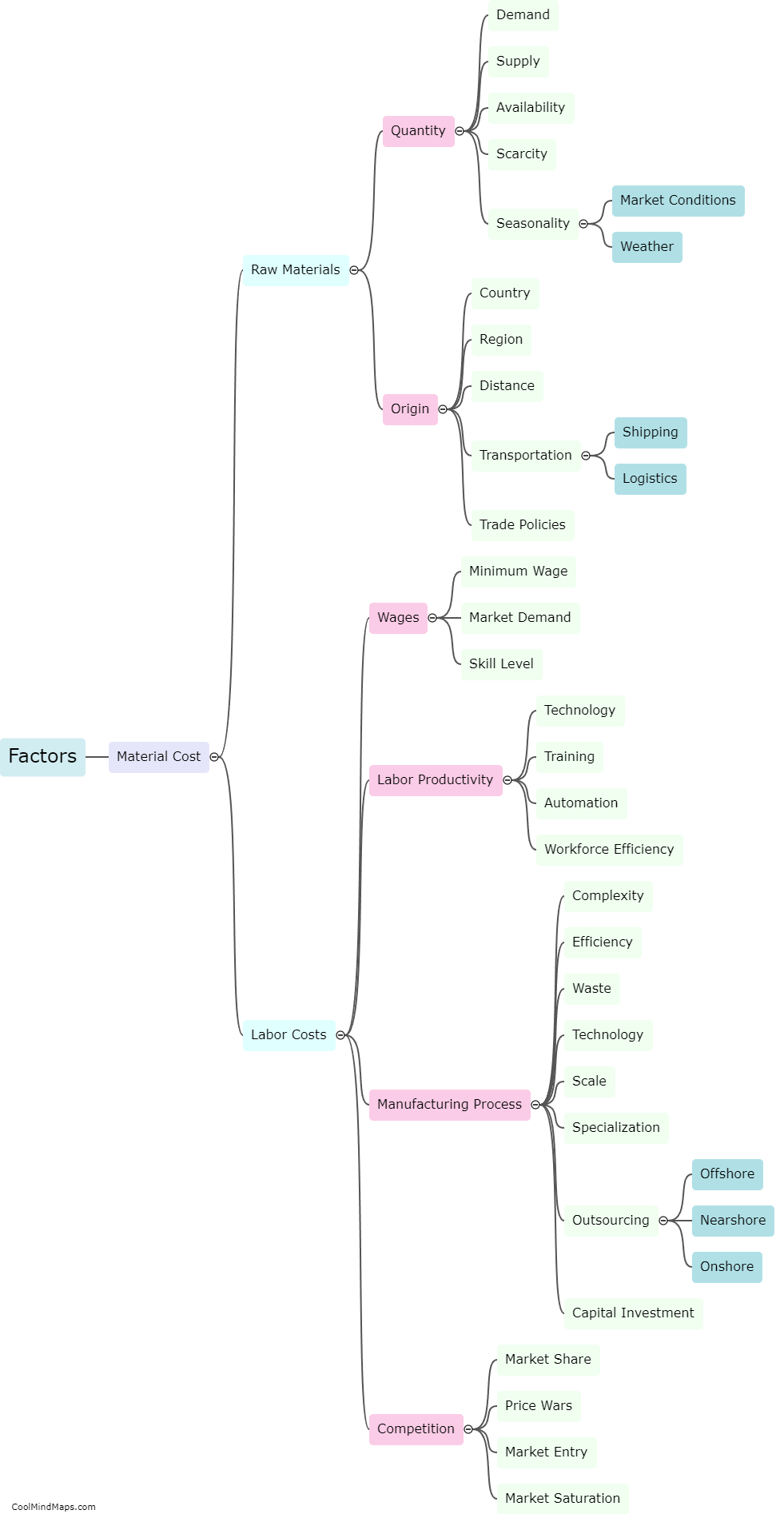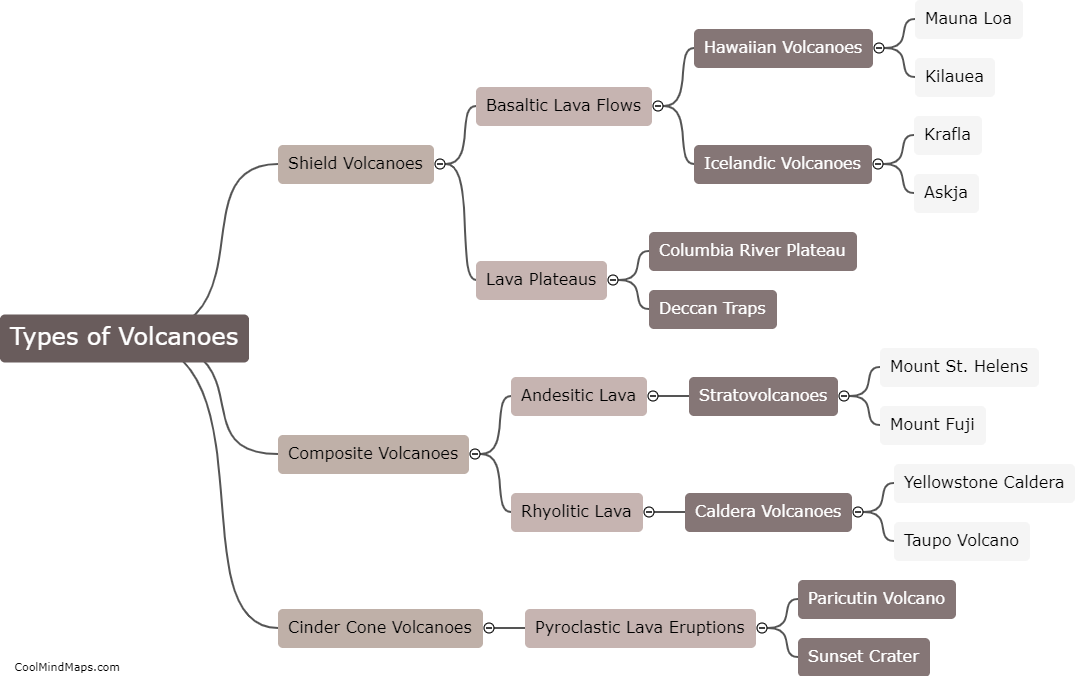What is the origin of planet Earth?
The origin of planet Earth, as understood by scientists today, can be traced back approximately 4.6 billion years ago to the formation of our solar system. The prevailing theory, known as the nebular hypothesis, suggests that our planet, along with other planets and celestial bodies, formed from a swirling cloud of gas and dust called the solar nebula. This nebula eventually collapsed under its own gravity, forming a spinning disk. In the center of this disk, the Sun was born, while the remaining material in the disk gradually coalesced into rocky debris known as planetesimals. Over time, these planetesimals began to collide and merge, forming the building blocks of planets. Through a process known as accretion, these celestial bodies continued to grow, and eventually, the Earth emerged as a solid planet with an atmosphere and oceans. The early Earth was an inhospitable place, characterized by volcanic activity and frequent bombarding by comets and asteroids. However, over billions of years, our planet underwent significant changes, leading to the development of the conditions necessary to support life as we know it.

This mind map was published on 23 October 2023 and has been viewed 110 times.











